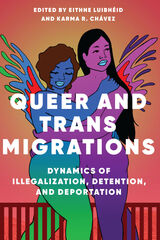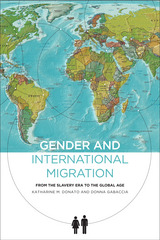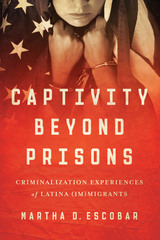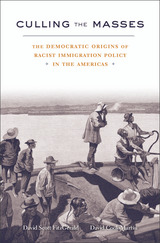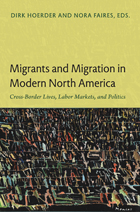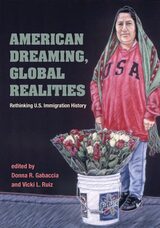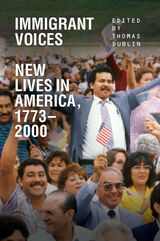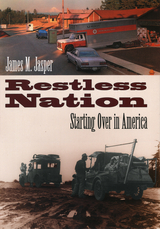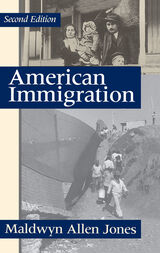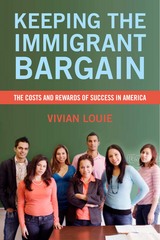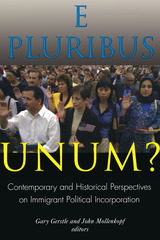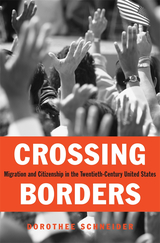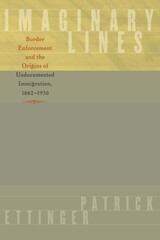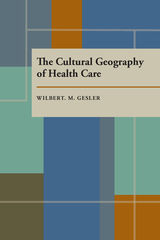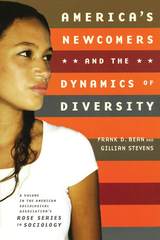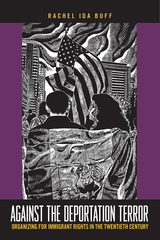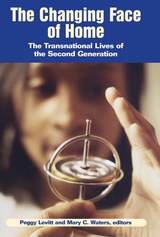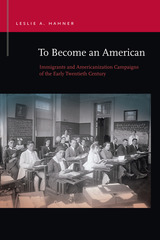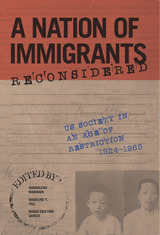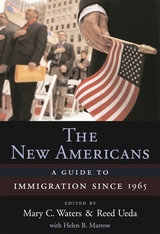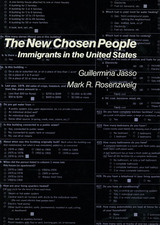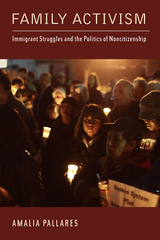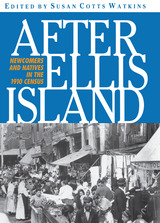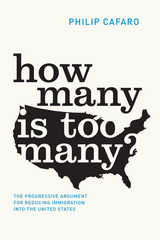Immigrant Minds, American Identities: Making the United States Home, 1870-1930
University of Illinois Press, 2000
Cloth: 978-0-252-02562-4
Library of Congress Classification JV6451.O93 2000
Dewey Decimal Classification 305.80097309034
Cloth: 978-0-252-02562-4
Library of Congress Classification JV6451.O93 2000
Dewey Decimal Classification 305.80097309034
ABOUT THIS BOOK | TOC
ABOUT THIS BOOK
Focusing on a period of American history marked by a sharp division between Anglo-Americans ("Americans") and non-Anglo European immigrants ("foreigners"), Orm Øverland examines the creation and dissemination of "homemaking myths": stories that weave immigrants into the basic fabric of America by linking them to the pivotal events and ideas of their new homeland.
Devised by middle-class ethnic leaders and spread through ethnic media, banquets, and rallies, homemaking myths uncovered a role for immigrants in the nation's founding, a place of honor in the nation's wars, and traces of American democratic political ideology in the immigrants' ethnic past. These stories proclaim that immigrants, in the person of their ancestors, disembarked from Christopher Columbus's ships, fought for victory over the Axis, and brought American values of freedom and democracy from their native lands. By virtue of their ethnic group's contributions, these myths maintain, non-Anglo European immigrants came to America not as foreigners but as ready-made ideal citizens of the Republic.
Øverland shows that the plots and themes of homemaking myths share so many characteristics that they must be considered an American phenomenon rather than one peculiar to an individual ethnic group. As a symbol of the immigrant's insider status, these stories have played a crucial role in forming American ethnic identities and in carving out a place for immigrants in an Anglo-dominated society.
Devised by middle-class ethnic leaders and spread through ethnic media, banquets, and rallies, homemaking myths uncovered a role for immigrants in the nation's founding, a place of honor in the nation's wars, and traces of American democratic political ideology in the immigrants' ethnic past. These stories proclaim that immigrants, in the person of their ancestors, disembarked from Christopher Columbus's ships, fought for victory over the Axis, and brought American values of freedom and democracy from their native lands. By virtue of their ethnic group's contributions, these myths maintain, non-Anglo European immigrants came to America not as foreigners but as ready-made ideal citizens of the Republic.
Øverland shows that the plots and themes of homemaking myths share so many characteristics that they must be considered an American phenomenon rather than one peculiar to an individual ethnic group. As a symbol of the immigrant's insider status, these stories have played a crucial role in forming American ethnic identities and in carving out a place for immigrants in an Anglo-dominated society.
See other books on: American Identities | Emigration & Immigration | Emigration and immigration | Immigrants | Making
See other titles from University of Illinois Press

